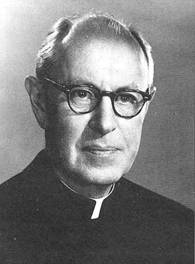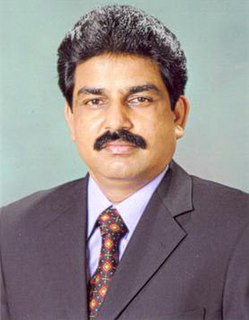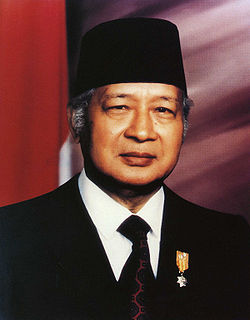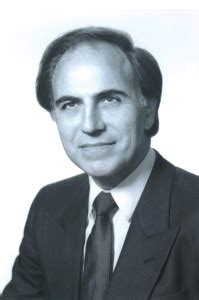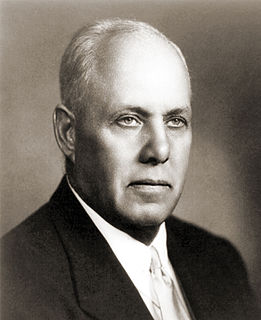A Quote by Pope Francis
Legal systems, at both the national and international level, are therefore required to recognize, guarantee and protect religious freedom, which is a right intrinsically inherent in human nature, in man's dignity as a free being, and is also an indicator of a healthy democracy and cone of the main sources of the legitimacy of the State. Religious freedom ... favors the development of relationships of mutual respect between the different Confessions and their healthy collaboration with the State and political society, without confusion of roles and without antagonism.
Quote Topics
Also
Antagonism
Being
Between
Both
Collaboration
Cone
Confessions
Confusion
Democracy
Development
Different
Dignity
Favors
Free
Freedom
Guarantee
Healthy
Human
Human Nature
Indicator
Inherent
International
Legal
Legal System
Legitimacy
Level
Main
Man
Mutual
Mutual Respect
National
Nature
Political
Protect
Recognize
Relationships
Religious
Religious Freedom
Required
Respect
Right
Roles
Society
Sources
State
Systems
Therefore
Which
Without
Related Quotes
There can be no real growth without healthy populations. No sustainable development without tackling disease and malnutrition. No international security without assisting crisis-ridden countries. And no hope for the spread of freedom, democracy and human dignity unless we treat health as a basic human right.
The lessons of religious toleration - a toleration which recognizes complete liberty of human thought, liberty of conscience - is one which, by precept and example, must be inculcated in the hearts and minds of all Americans if the institutions of our democracy are to be maintained and perpetuated. We must recognize the fundamental rights of man. There can be no true national life in our democracy unless we give unqualified recognition to freedom of religious worship and freedom of education.
I think religious freedom is part of the U.S.'s policy and Congress mandated the creation of the U.S. Commission on International Religious Freedom. So it is important that the U.S. focus in dialogue, development projects, cooperation with Pakistan and other countries to give more importance to religious freedom issues.
For us democracy is a question of human dignity. And human dignity is political freedom, the right to freely express opinion and the right to be allowed to criticise and form opinions. Human dignity is the right to health, work, education and social welfare. Human dignity is the right and the practical possibility to shape the future with others. These rights, the rights of democracy, are not reserved for a select group within society, they are the rights of all the people.
Our freedom must be buttressed by a homogeny equally and unchallengeably free, no matter what color they are, so that all the other inimical forces everywhere -- systems political or religious or racial or national -- will not just respect us because we practice freedom, they will fear us because we do.
Two hundred years ago the forces of freedom challenged this idea. The children of the new enlightenment rose up to defy the tyranny of arrogant clergy and the censorship of pious bureaucrats. They boldly proclaimed that the state must be free from religious coercion and that religion must be free from state control. All individuals have the right to pursue the dictates of their own conscience. All citizens even have the right not to be religious at all.
One cannot have a trade union or a democratic election without freedom of speech, freedom of association and assembly. Without a democratic election, whereby people choose and remove their rulers, there is no method of securing human rights against the state. No democracy without human rights, no human rights without democracy, and no trade union rights without either. That is our belief; that is our creed.
The basic struggle today is not between individualism and collectivism, free enterprise and socialism, democracy and dictatorship. These are only the superficial manifestations of a deeper struggle which is moral and spiritual and involves above all else whether man shall exist for the state, or the state for man, and whether freedom is of the spirit or a concession of a materialized society.
The great writers to whom the world owes what religious liberty it possesses, have mostly asserted freedom of conscience as an indefeasible right, and denied absolutely that a human being is accountable to others for his religious belief. Yet so natural to mankind is intolerance in whatever they really care about, that religious freedom has hardly anywhere been practically realised, except where religious indifference, which dislikes to have its peace disturbed by theological quarrels, has added its weight to the scale.


